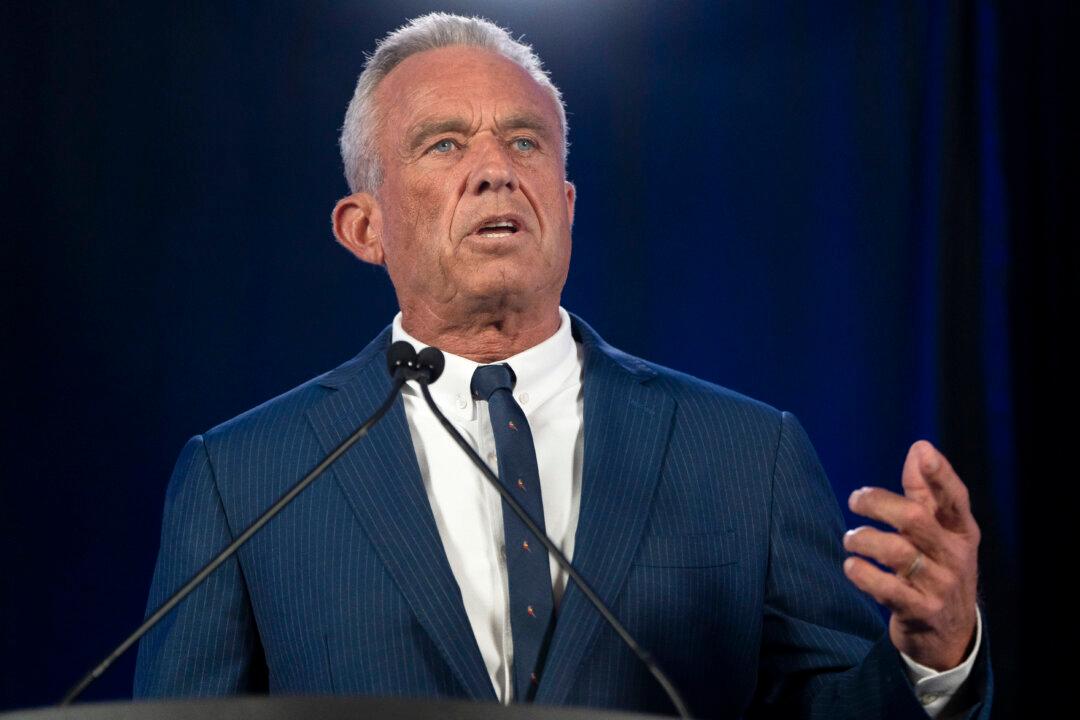Officials in swing state Wisconsin told the U.S. Supreme Court on Oct. 28 that they oppose Robert F. Kennedy Jr.’s emergency application asking to remove his name from the ballot.
Early in-person absentee voting began in the state on Oct. 22.

Officials in swing state Wisconsin told the U.S. Supreme Court on Oct. 28 that they oppose Robert F. Kennedy Jr.’s emergency application asking to remove his name from the ballot.
Early in-person absentee voting began in the state on Oct. 22.